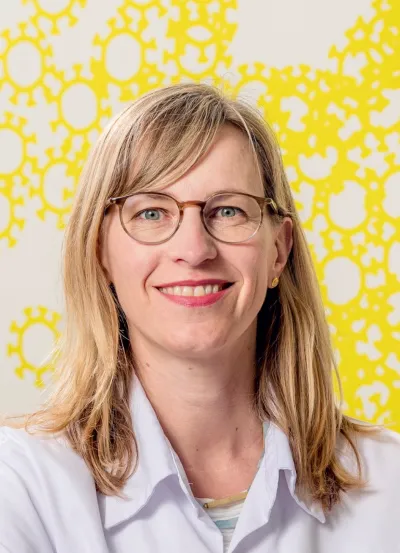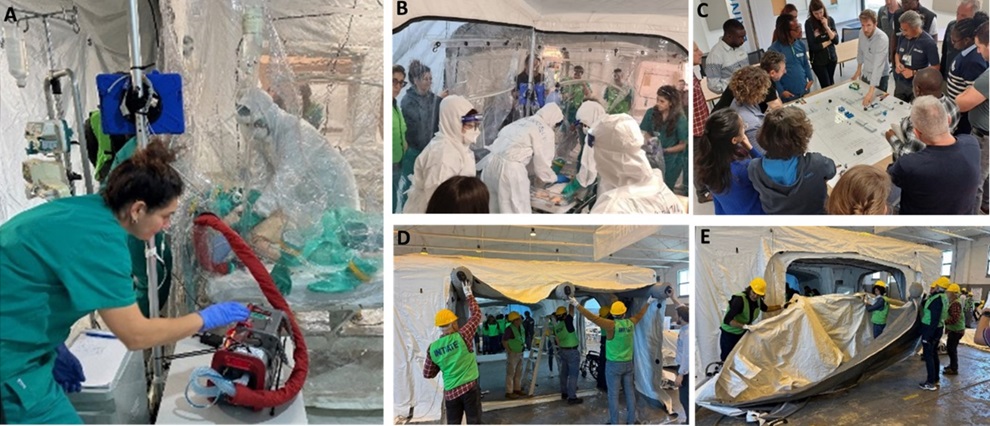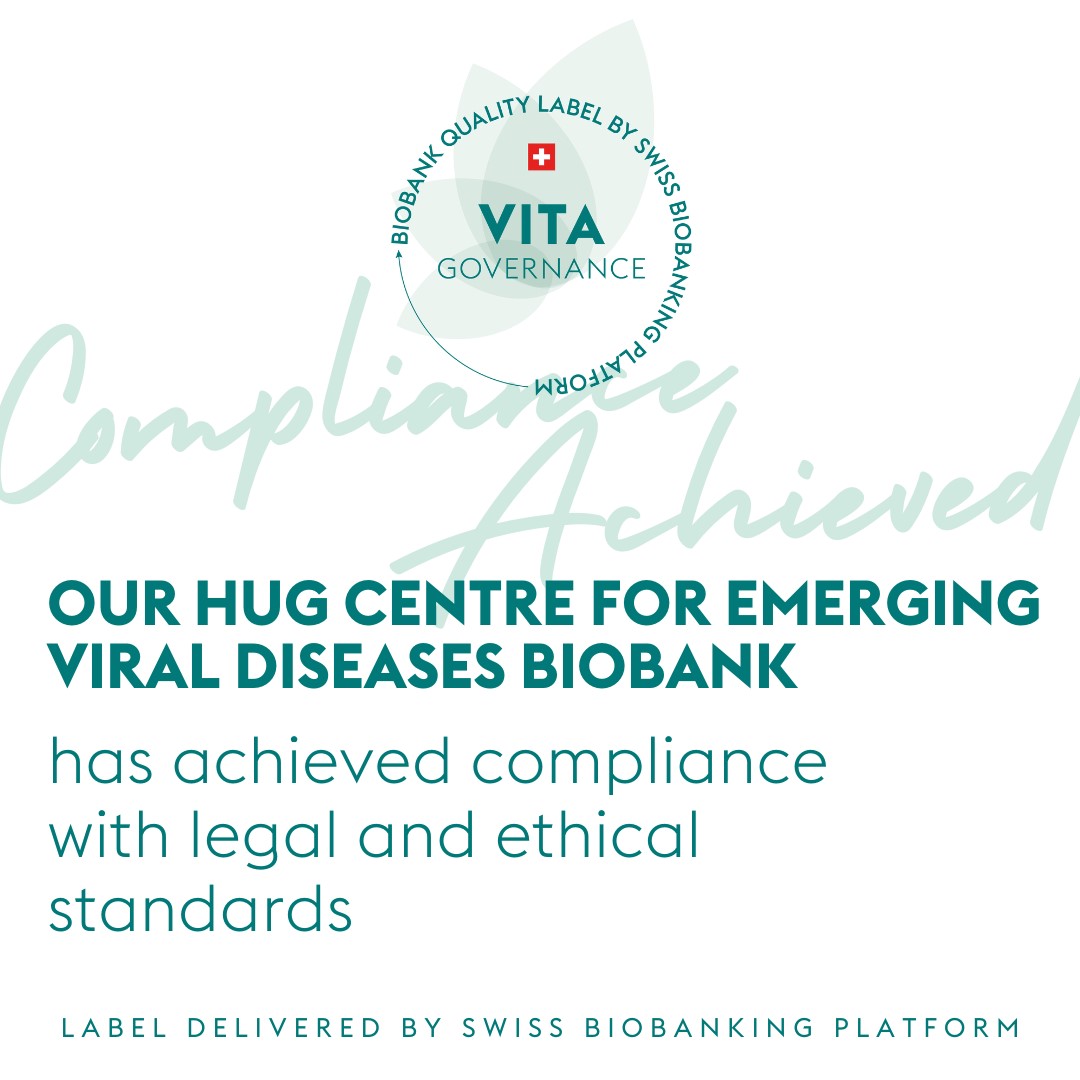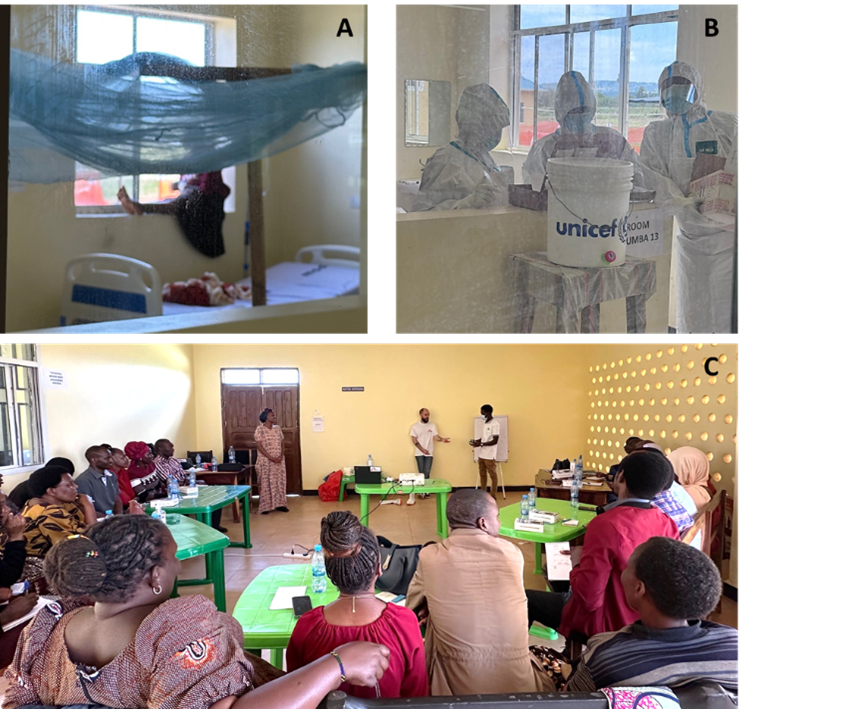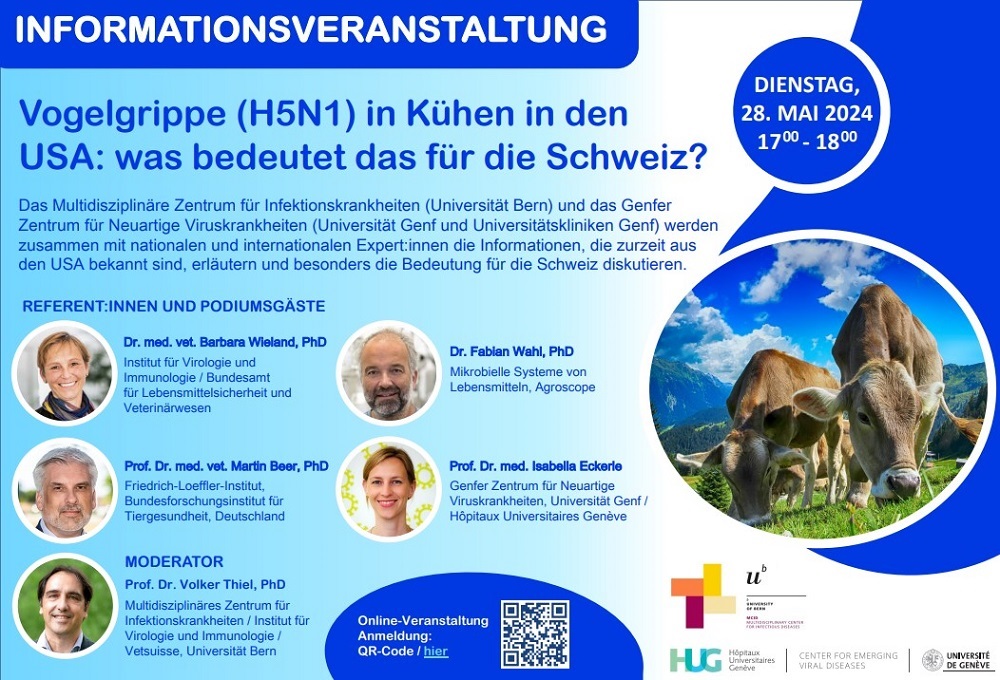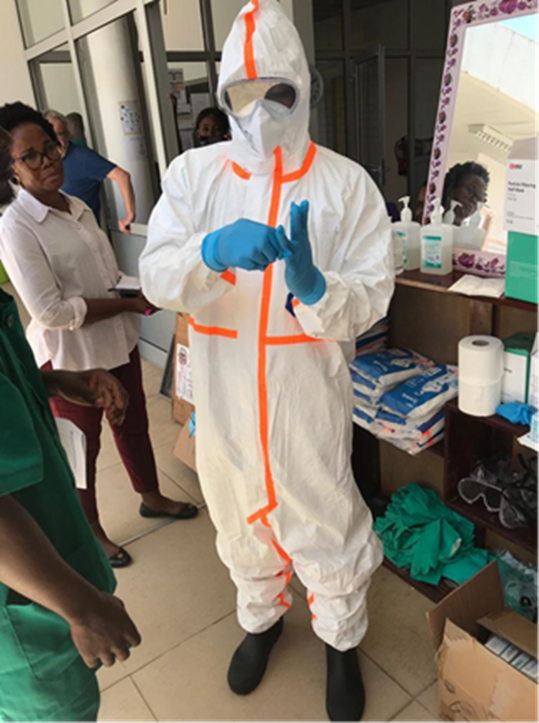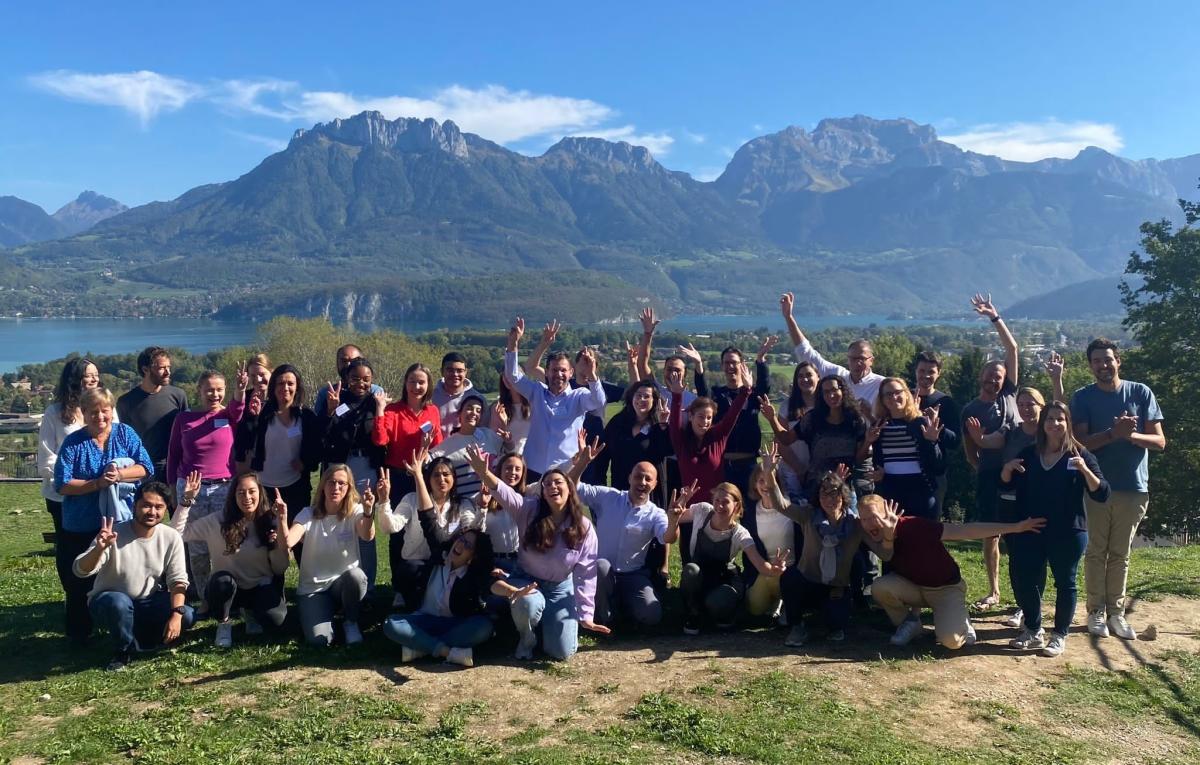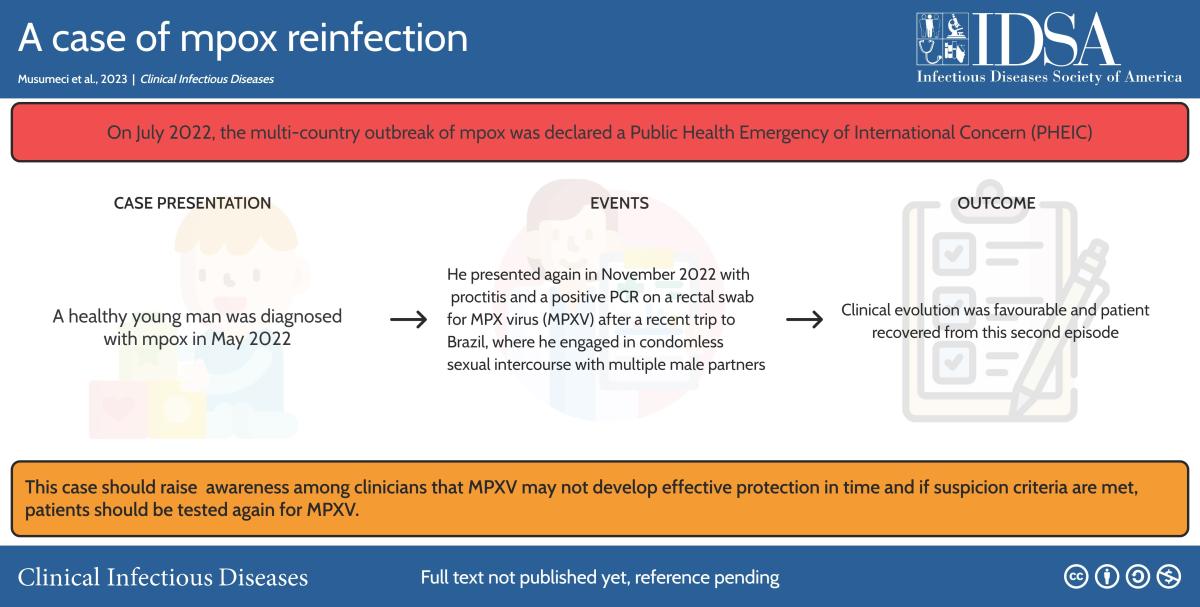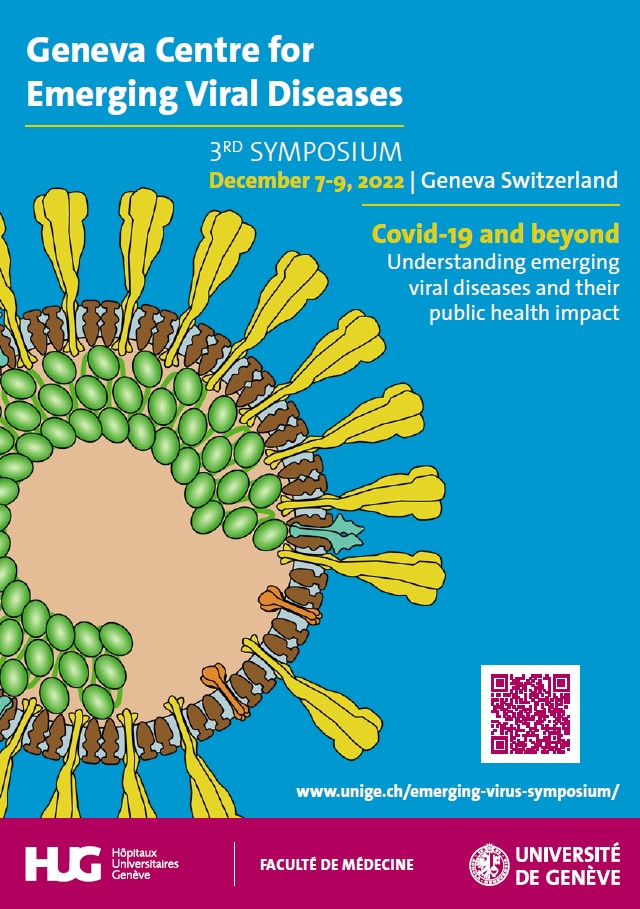The Geneva Centre for Emerging Viral Diseases has hosted its 3rd Symposium „Covid-19 and beyond: Emerging viral diseases and their public health impact” from Dec 7-9, 2022 at the Campus Biotech.
In 13 sessions and with 32 international speakers, the symposium has covered a range of timely topics in emerging viral diseases such as SARS-CoV-2, Monkeypox, Ebola, and many others.
Latest studies on COVID-19 covered new vaccines and the impact of mucosal immunity, but also protection through infection and hybrid immunity, and the latest overview of circulation Omicron variants. In a session dedicated to poxviruses, the evolutionary history of smallpox, the challenges in smallpox eradication, and the current monkeypox outbreak were discussed. Other topics were modeling and surveillance of infectious diseases by wastewater sequencing, the latest trends in influenza surveillance and the presentation of the newly founded WHO Biohub that is located in Spiez in Switzerland.
A half day was dedicated to a session on science communication, misinformation and the “infodemic”, with talks from international experts from WHO, academia and a journalist writing for “Science”. The session was followed by a panel discussion with Swiss experts “Science, policy & pandemics – Better prepared for the next crisis?”, with panel members Matthias Egger from the SNSF, Volker Thiel from the Vetsuisse Bern, Alexandra Calmy from the HUG, Tanja Stadler from the ETH Zürich and Celine Gardiol from the Federal Office of Public Health, moderated by Laurent Kaiser and Isabella Eckerle.
Challenges in putting existing vaccines and scientific findings into use were covered with talks from Prof Gary Kobinger from the University of Texas and Andrew Azman from MSF Geneva and John Hopkins University. Also, the role of ethics, global responsibility and access in a pandemic were discussed.
Keynote lectures were given by Maria van Kerkhove, WHO, on the current global situation with SARS-CoV-2 and by Emma Hodcroft on the role of genomics in a pandemic, as well as by Prof. Florian Krammer on the future of vaccines against respiratory viruses and by Prof. Johannes Krause on the origin and genetic history from ancient pathogens through genomic sequencing such as plague.
The interdisciplinarity of speakers and the broad range of topics, from virology to clinical medicine to public health and even beyond, has stimulated a lot of discussions and profound exchange between partners, or, as one participant has expressed “what I really liked is the fact that it brings together many disciplines that do not often exchange and allows to discover the emerging viruses under new perspectives“
Over 250 international participants attended the symposium, from academia, international organizations and NGOs such as the CDC, Institute Pasteur, WHO, FIND, MSF, many of which are collaborating partners of our Centre as well as industry partners.
Some feedback that we received:
Thank you for organizing such a great symposium and bringing together a fantastic group of people!
I would like to thank you for organising this great symposium, with excellent speakers, inspiring discussions and a warm and open atmosphere throughout the event and during the breaks!
It was really great and one of the best symposia I have attended so far!
Thank you very much for organizing the symposium: It was very interesting and as always, I learned a lot.
The main feature that I like is the fact that it brings together many disciplines that do not often exchange and allows to discover the emerging viruses under new perspectives.
The program, talks and speakers were excellent.
